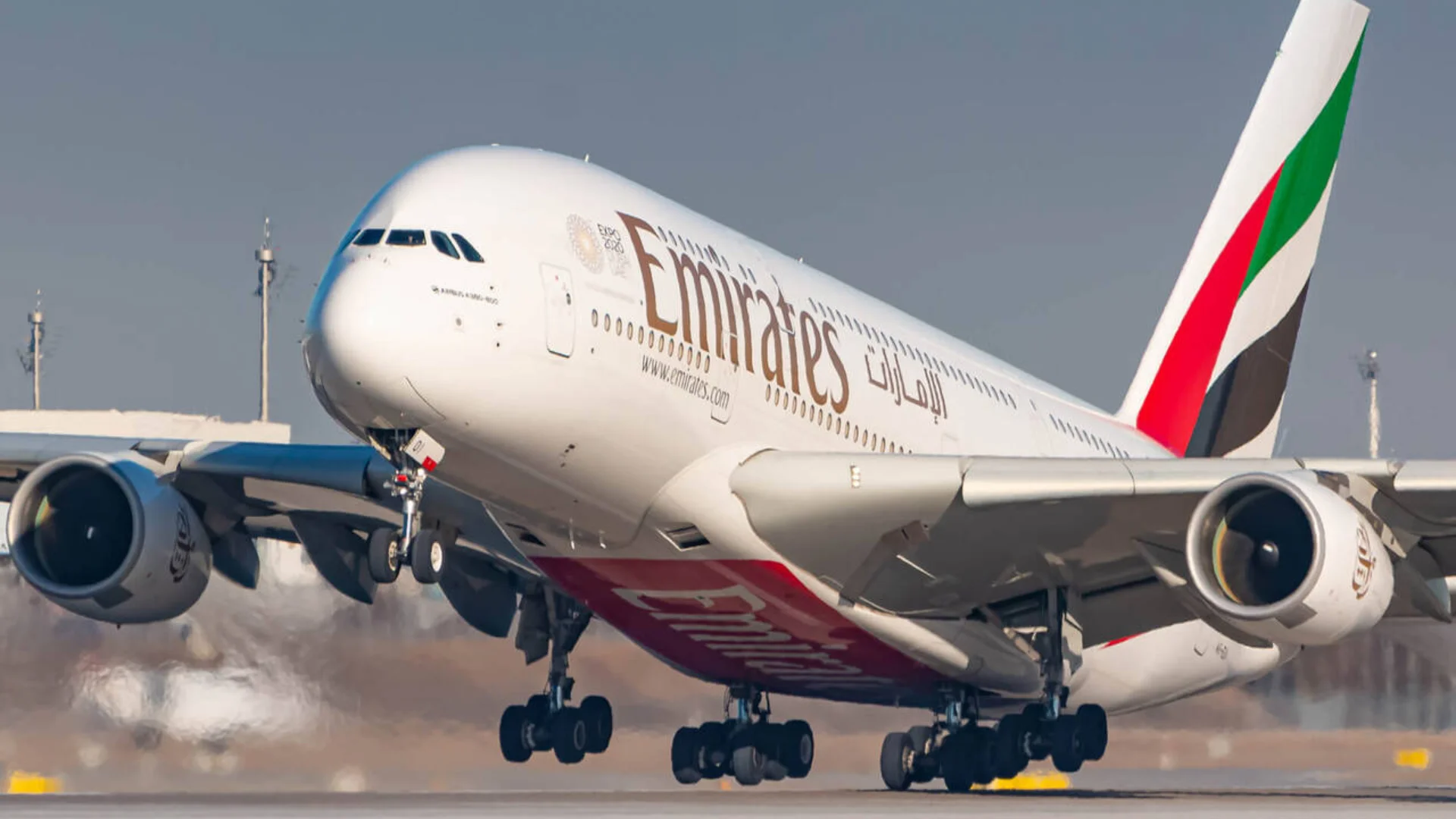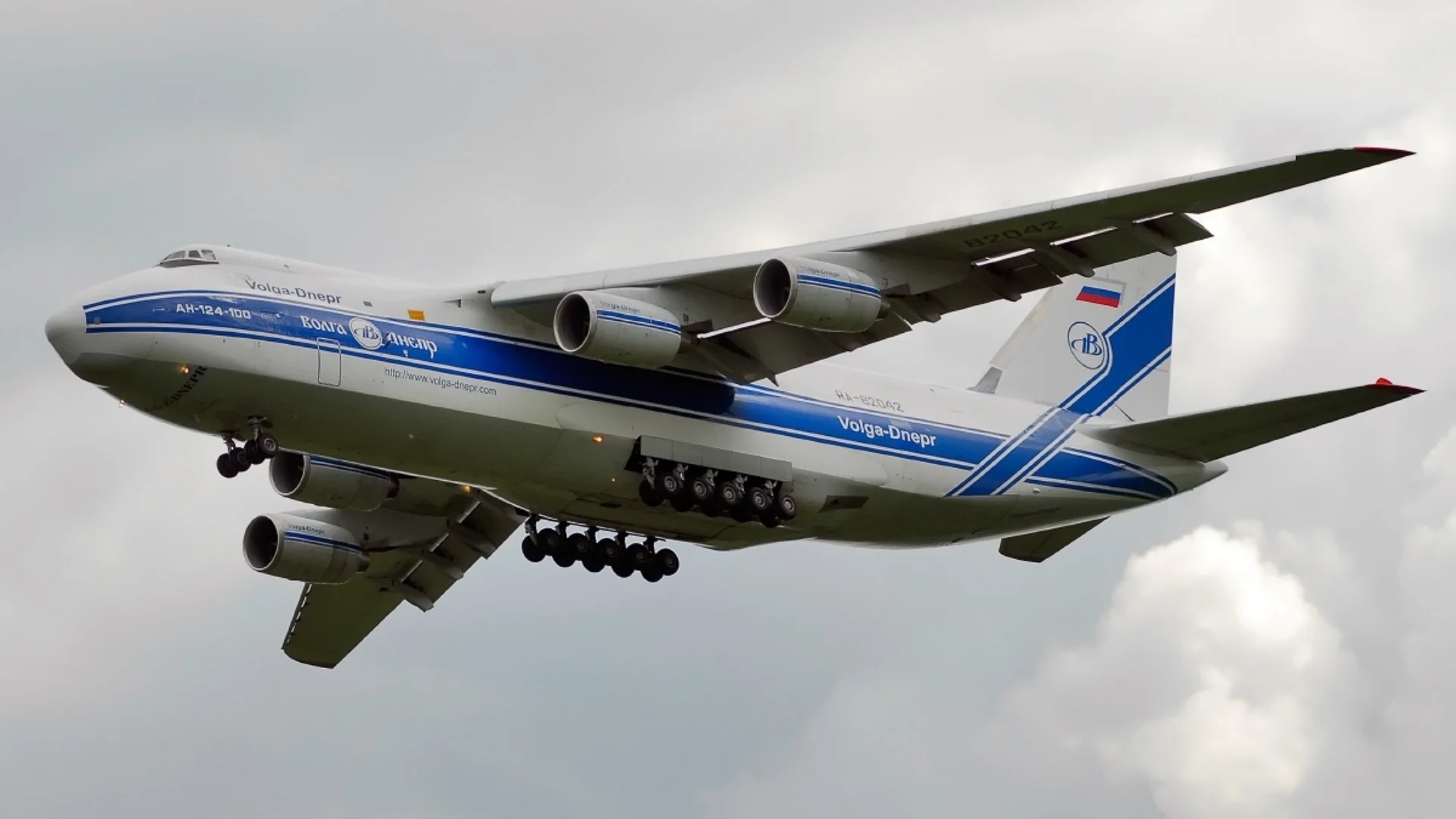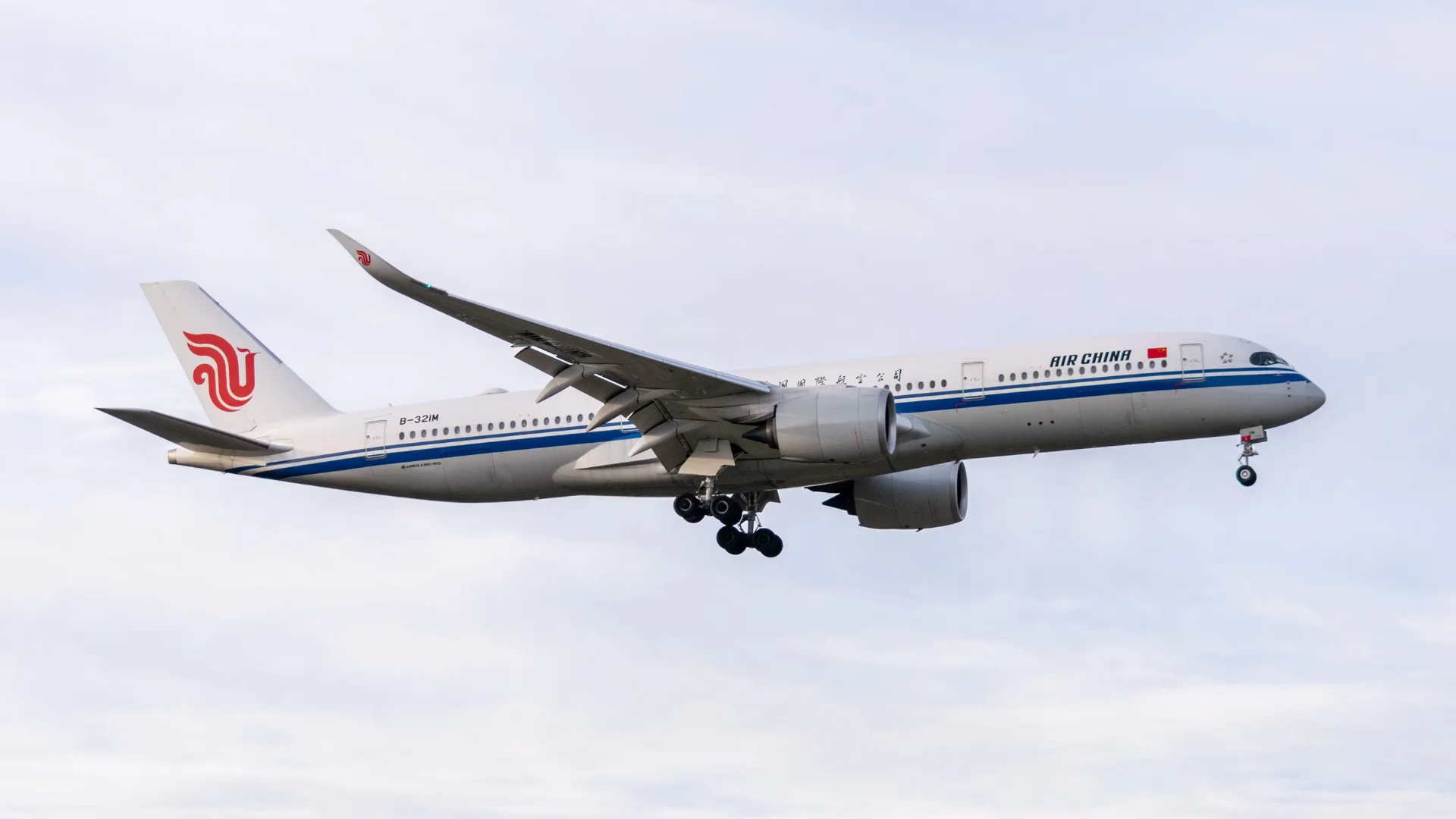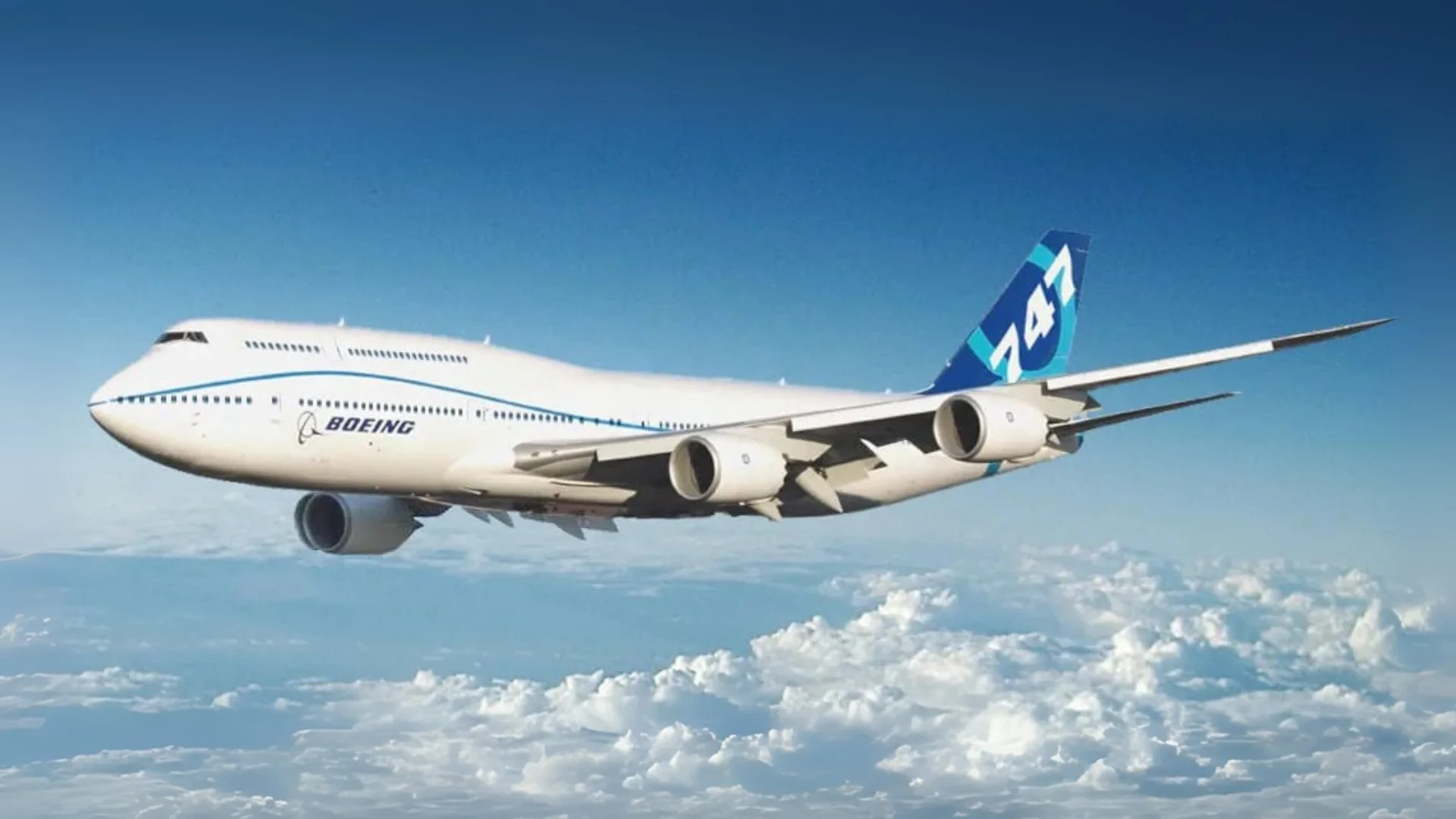The Boeing 767's landing gear distinguishes itself from others mainly through the unique forward tilt of its bogies. This design choice is important because the main landing gear supports the aircraft's weight and absorbs the first impact during landing. Unlike most Boeing models, where the rear axle is lower than the front, the 767 is the only one with this forward tilt configuration.
The forward tilt design is primarily due to spatial considerations within the aircraft. Engineers had to accommodate various components, including wing boxes, fuel tanks, cargo holds, and emergency exit slides in a constrained space. As such, the rotation allows the gear to take up less space, thus leaving room for other necessary elements.
Furthermore, the tilted landing gear helps address certain landing characteristics of the Boeing 767, described as a pilot's aircraft with strong engines and responsive controls. According to engineers, during tests, the 767 exhibited a tendency to pitch down rapidly during landings, a behavior that could potentially harm the aircraft's structural integrity. To address this, the gear tilts forward, helping manage the pitch-down momentum, although pilots still need to remain vigilant.
 Alerts Sign-up
Alerts Sign-up





































